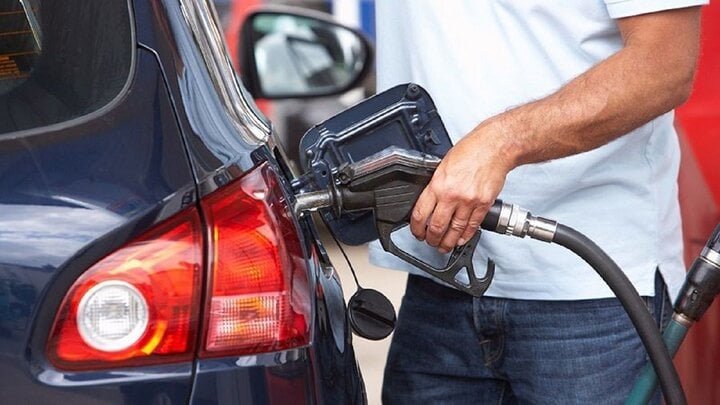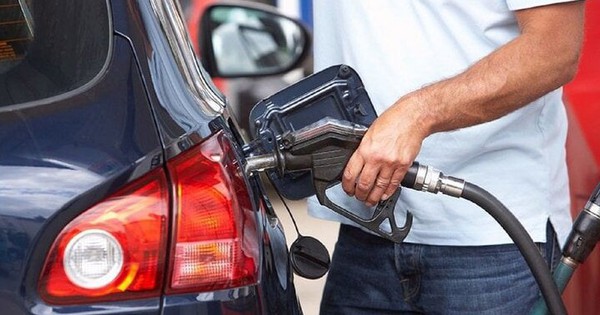Reasons Why Used Cars Consume More Fuel

Used cars are known to consume more fuel compared to newer models. This can be attributed to several reasons that affect the overall fuel efficiency of the vehicle. In this article, we will discuss some common factors that contribute to the increased fuel consumption of older cars.
Dirty Oxygen Sensors and Clogged Air Filters
Oxygen sensors and air filters play a crucial role in maintaining fuel efficiency. However, if these components are not cleaned or replaced regularly, they can reduce fuel efficiency by up to 20%. It is recommended to check and replace them at the recommended intervals to ensure the correct air-fuel mixture ratio.
Low Coolant Levels
Monitoring the coolant temperature sensor is essential to ensure optimal fuel efficiency. If the temperature reading exceeds 85-90 degrees Celsius, there may be an issue with the sensor that needs to be addressed promptly. Insufficient coolant reduces the vehicle’s ability to dissipate heat, leading to increased fuel consumption. It is advisable to maintain the coolant level between the “Full” and “Low” marks when the engine is cold.
Low Tire Pressure and Worn-out Tires
Driving with low tire pressure or worn-out tires is a common cause of increased fuel consumption. Underinflated tires cause increased rolling resistance and can lead to a 1-2% decrease in fuel efficiency. Additionally, old tires can also contribute to higher fuel consumption. It is recommended to maintain the tire pressure within the recommended range and replace tires after 3-5 years of normal use or 7-10 years for low mileage vehicles.
Worn Spark Plugs and Reduced Ignition Performance
Worn spark plugs can result in inefficient ignition, leading to suboptimal fuel consumption. It is advisable to replace all spark plugs to ensure consistent ignition performance and fuel efficiency.
Irregular Engine Oil Changes
Engine oil plays a critical role in reducing friction between moving parts. Over time, old or low-quality engine oil loses its lubricating properties, resulting in increased friction, heat generation, and higher fuel consumption. Neglecting regular engine oil changes can significantly impact fuel efficiency and overall engine performance.
Driver Habits
Certain driver habits can contribute to increased fuel consumption. These include abrupt braking or acceleration, excessive use of air conditioning, idling for extended periods, and revving the engine unnecessarily. By avoiding these habits, drivers can improve fuel efficiency and reduce fuel consumption.
Stuck or Malfunctioning Brakes
A stuck or malfunctioning brake system can lead to increased fuel consumption. It causes excessive heat generation, ultimately increasing fuel consumption. Regular maintenance and proper functioning of the brake system are essential to ensure optimal fuel efficiency.
In conclusion, several factors can contribute to higher fuel consumption in used cars. Regular maintenance, timely replacement of components, and adopting fuel-efficient driving habits can help reduce fuel consumption and improve overall fuel efficiency. For more information on automotive topics, visit Business Today.

